Rescuing animals during disasters - United States
In a disaster, animals can’t ask for helpimpact during a pandemic
impact during a pandemic
While the world changes daily due to COVID-19, IFAW is continuing to support animals in need.
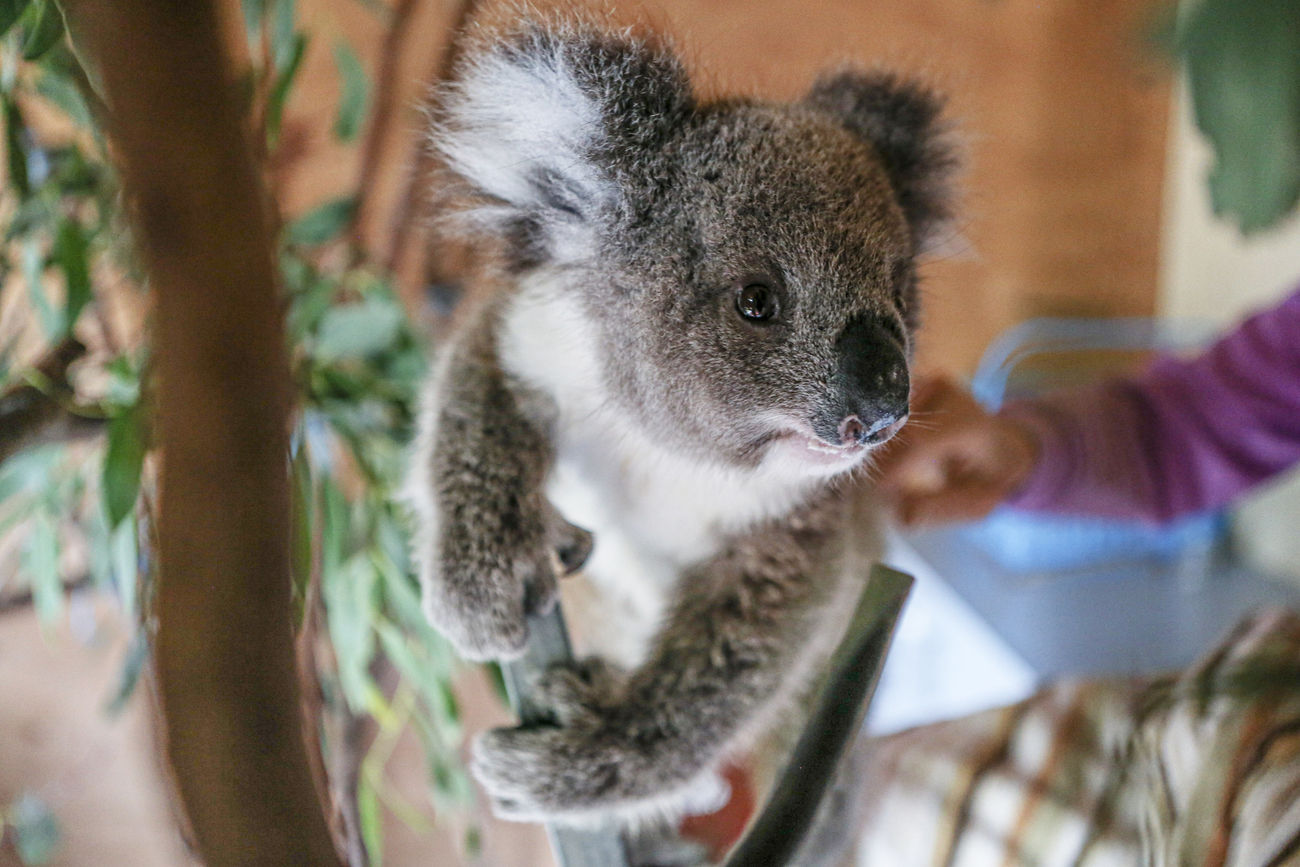
Supporting wildlife rehabilitators caring for rescued animals in Australia
Some of our partners rely heavily on revenue from public tours to support their operations, making it particularly difficult when they had to close their doors for the safety of visitors, staff, and animals. We're supporting them in every way we can to ensure volunteers and staff can continue their lifesaving work caring for iconic animals like koalas, Tasmanian devils, and kangaroos.
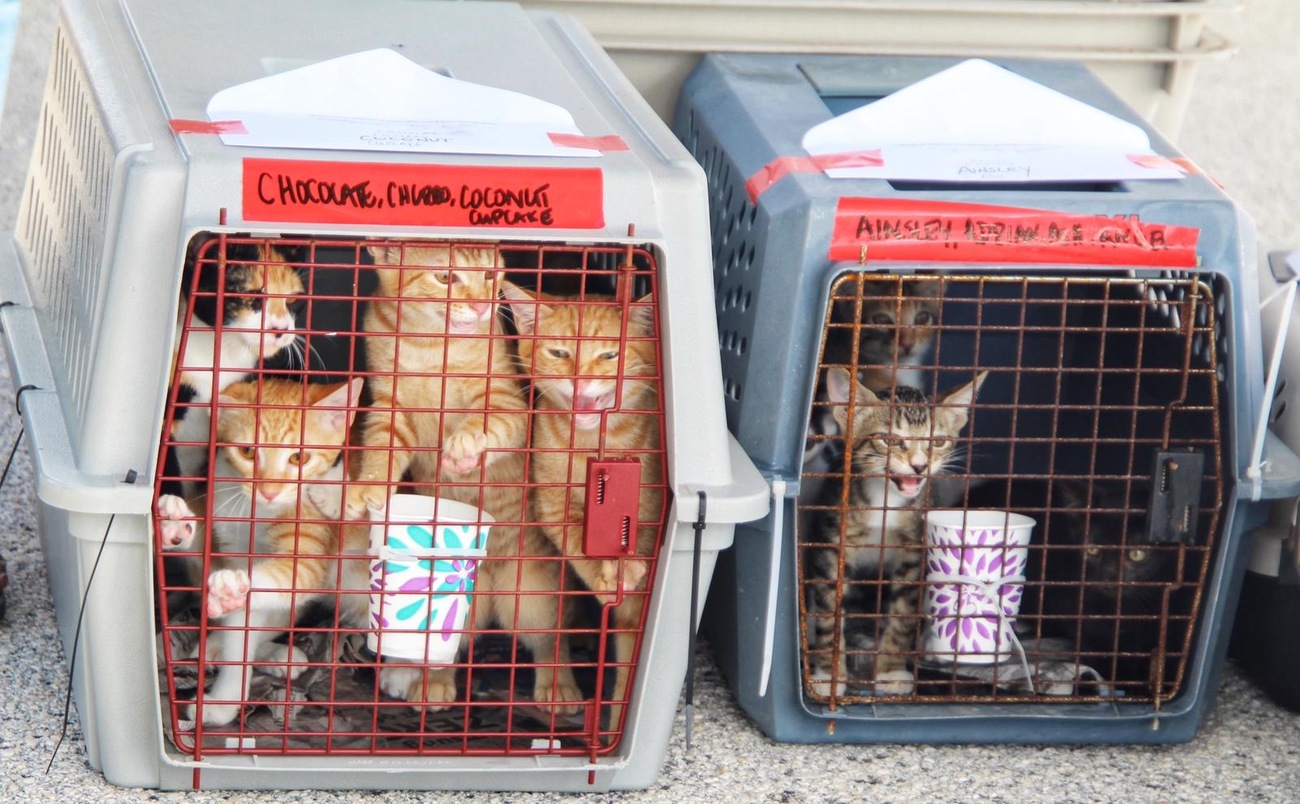
Supporting Hurricane Dorian animal survivors
Over the last ten months, IFAW’s disaster response team has continued to help survivors of Hurricane Dorian with veterinary care, wellness clinics, and pet food distribution. On June 12th, we once again partnered with Wings of Rescue to fly an additional 87 dogs and cats to shelter partners in the United States.
Read more about our Hurricane Dorian response and recovery work
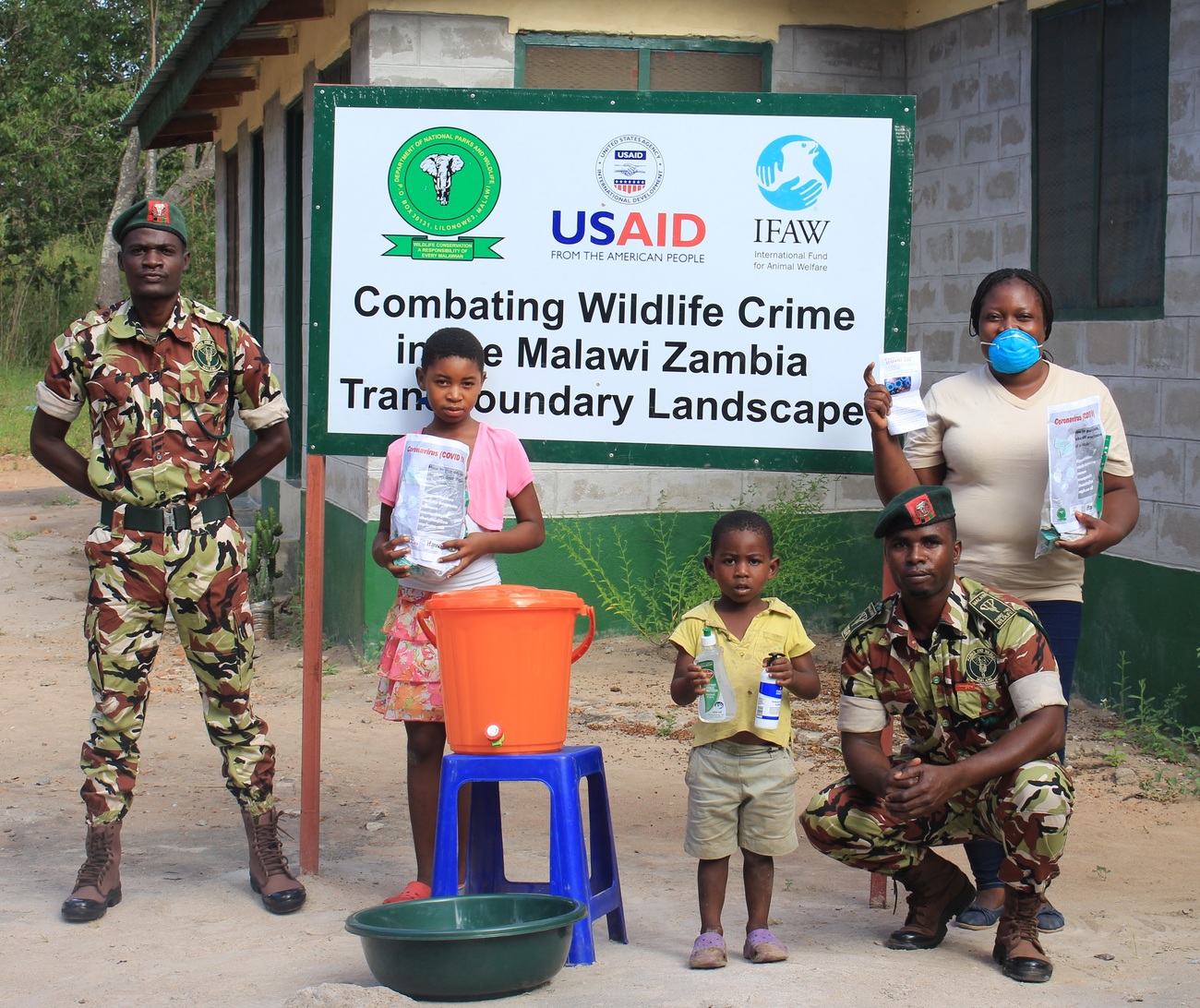
Protecting rangers and community members in the Malawi-Zambia Transboundary Landscape
Following the call by the Government of Malawi to join hands in the fight against COVID-19, IFAW is supporting communities around Kasungu National Park in Malawi and Luambe National Park in Zambia with various items aimed at mitigating the risks of the pandemic. We provided rangers and community members with masks, hand sanitizer, buckets, and bicycles for transportation.
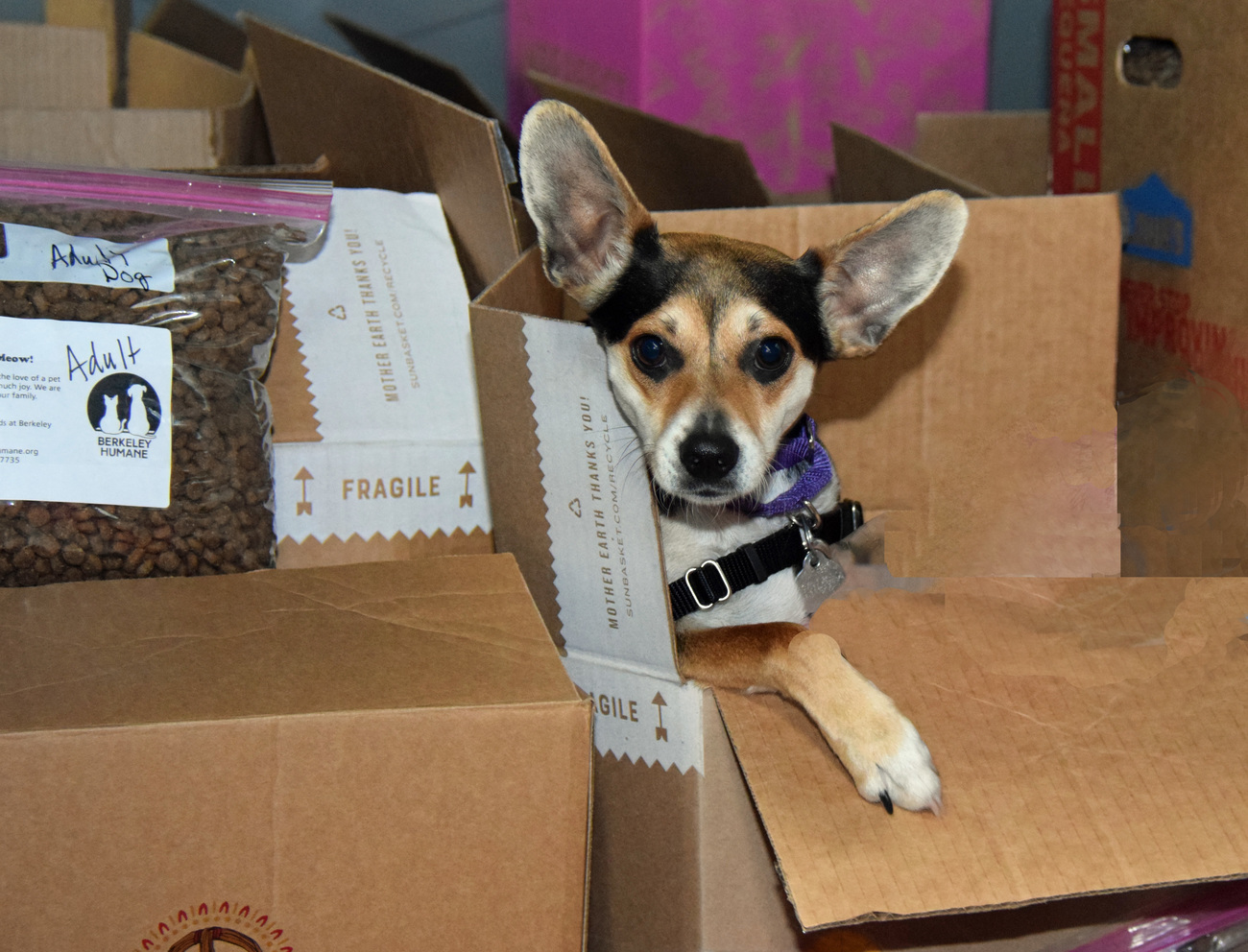
Providing pet food to animals in need
IFAW joined forces with chef José Andrés’s World Central Kitchen and Berkeley Humane to provide emergency grant funding to source and distribute pet food to families impacted by COVID-19 in Oakland, California.
In the course of IFAW’s disaster response work, we have had the privilege of working with many incredible teams from World Central Kitchen. With so many communities overwhelmed meeting basic daily care needs right now, pet food assistance is critical for families in our communities. The core of the initiative is to keep families together, healthy, and fed.
We help keep families together during crisis.

Onwards and Upwards: establishing the Kasungu National Park Drone Team
As part of a mosaic of interventions to mitigate conflict between humans and elephants, the IFAW ZAMELA team decided to utilize drones along the boundary to prevent elephants from challenging the fence. Alternatively, the drones could be used to drive elephants that had broken out of the fence back to within the boundaries of the park.
In its characteristically direct, simple, and grounded fashion, the IFAW project decided to put the controls of the drones into the hands of those who need it most – the Rangers who patrol these areas.
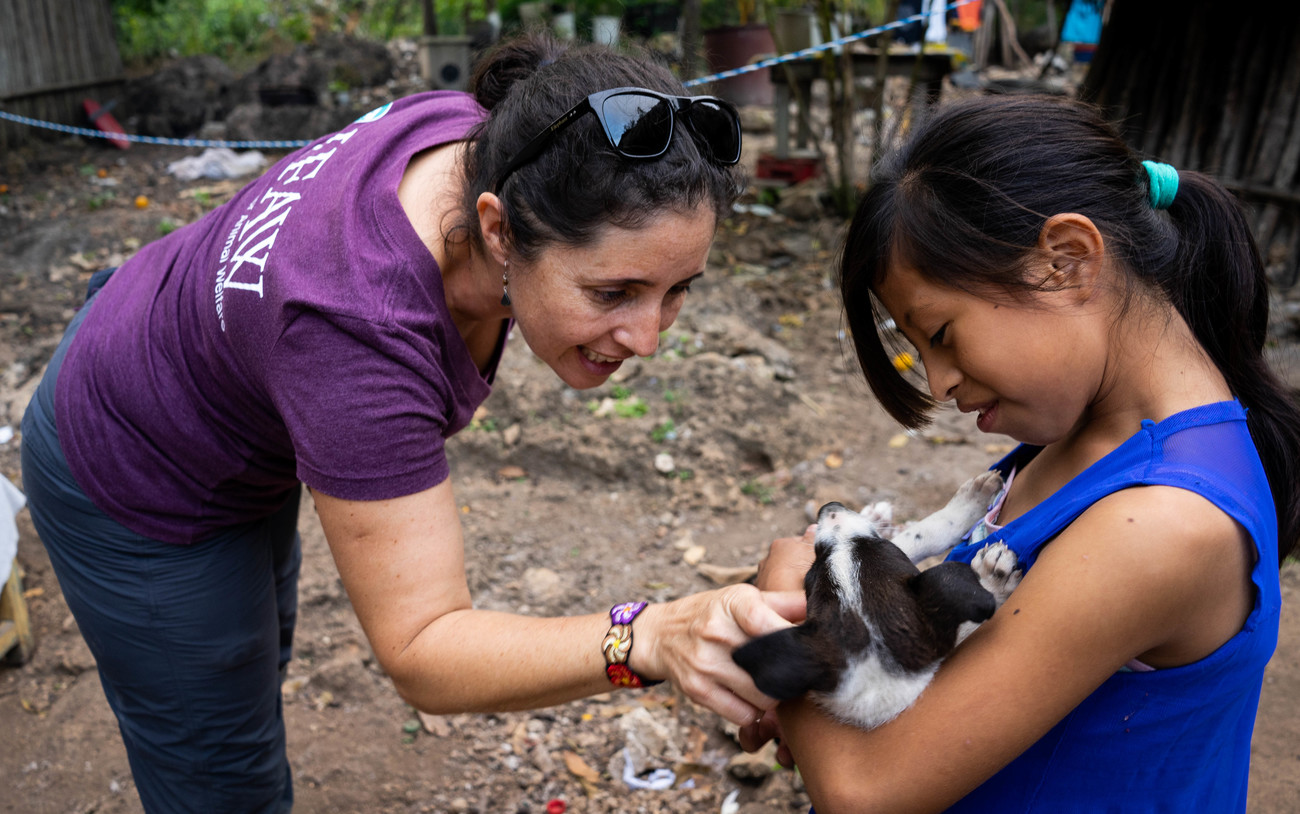
Supporting families and their pets in Playa del Carmen, Mexico
In Mexico, IFAW veterinarian, Dr. Erika Flores, is working with the medical director at our project in Playa del Carmen to continue providing care to families and their pets – while maintaining strict social distancing protocols. In addition to veterinary care, Dr. Flores is making pet food drops for communities at local pick-up locations.
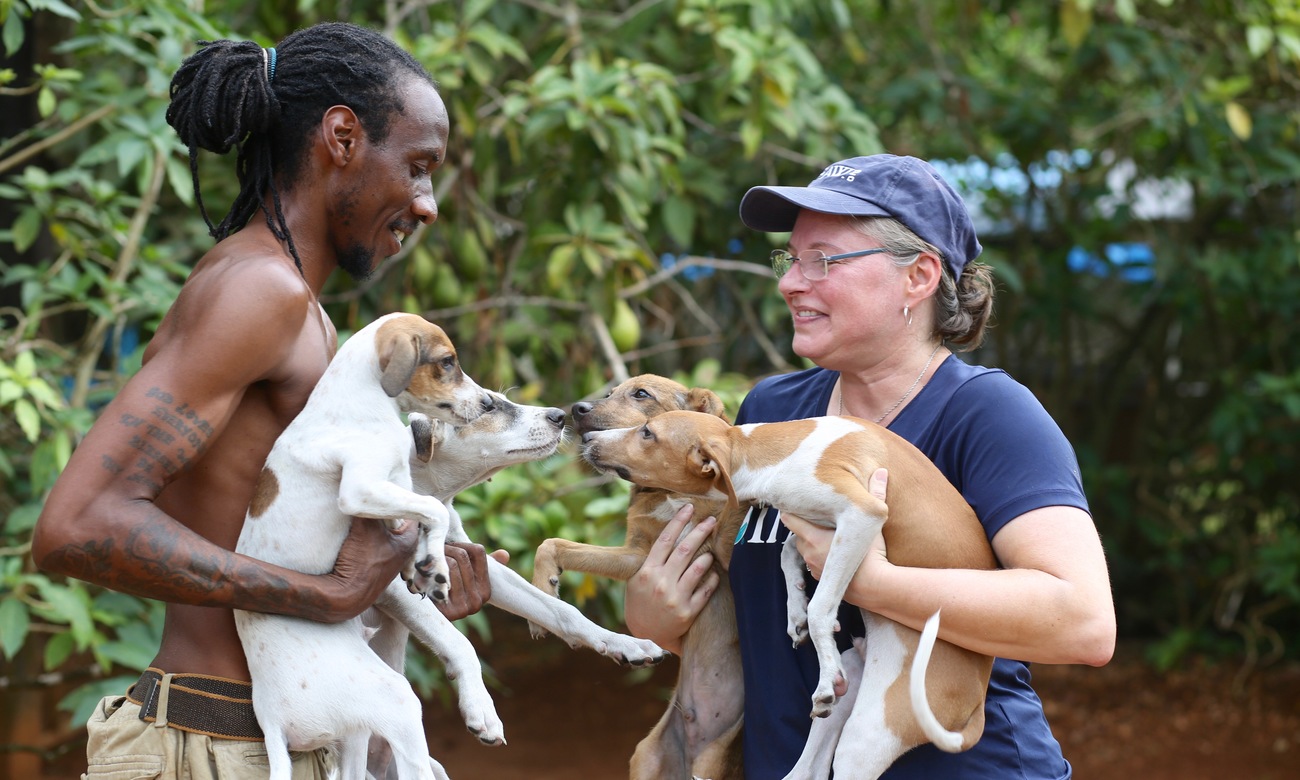
Sustaining shelters in disaster zones for years to come
As communities in Jamaica prepare for COVID-19, our friends at Animal House Jamaica were in need of critical updates to their care facilities. We supported the facility by repairing kennels, emergency food supplies, medical equipment, roof repair and a water supply so the dogs and cats in care continue to receive proper care.
We provide emergency supplies to animals and communities in need.
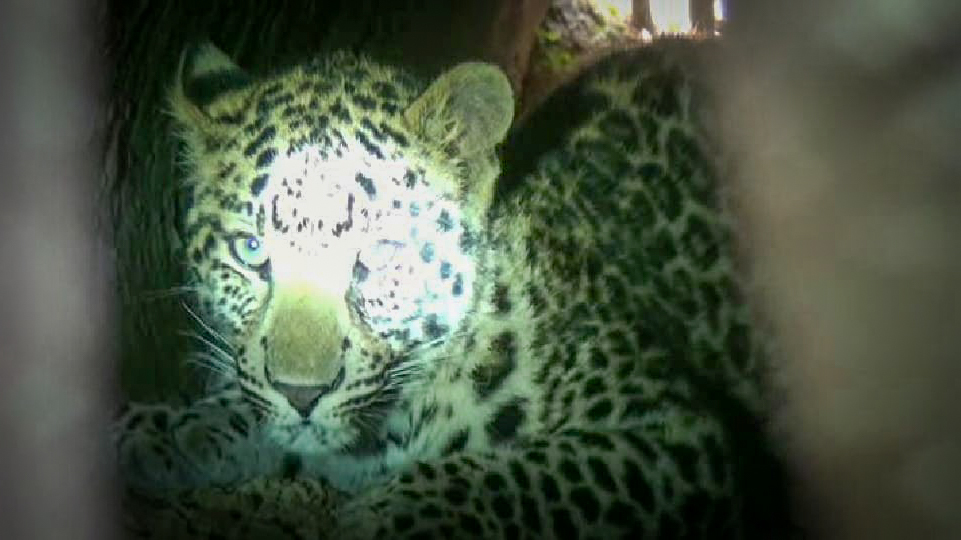
Rescuing a leopard in Assam, India
IFAW-WTI's Mobile Veterinary Unit remains active under special government permissions in Assam. The unit received a request for help with a leopard entering a community is Eastern Assam. The leopard had hidden in a tea estate and there was a crowd surrounding it, trying to get a glimpse. From his past experience at handling such situations, Dr. Khanin Changmai was prepared for an agitated leopard. Thankfully, the leopard was not agitated or displaying aggression. Dr. Khanin darted her and transported her to a nearby forest habitat where she was successfully released. Response and best practices of the team have been modified to reflect guidance from government authorities and the World Health Organization.
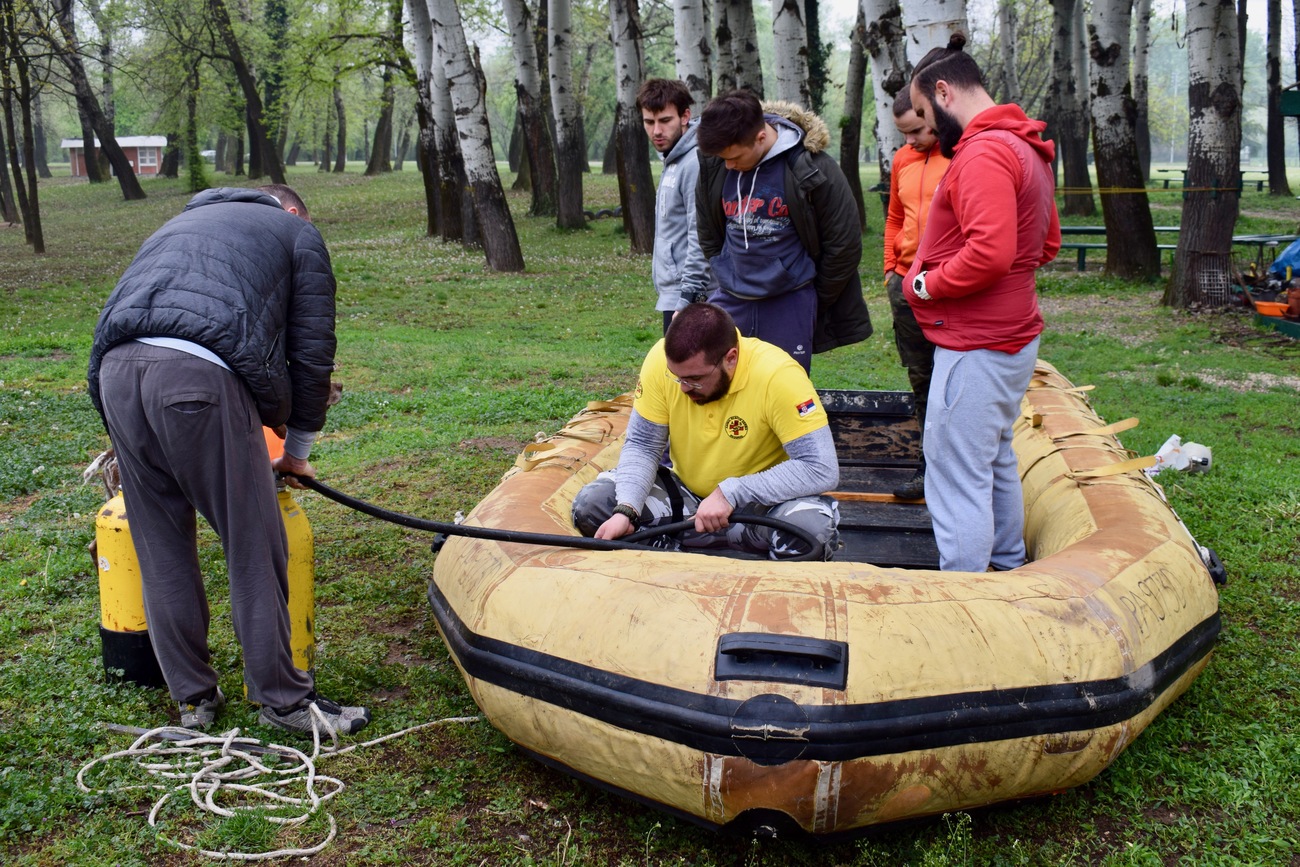
Saving animals from floods in Serbia
Last April, we held a training in Belgrade for Animal Rescue Serbia (ARS) and several human rescue agencies. This training was the first of its kind there, focusing on rescue of animals alongside people in floods. In the last major flood in Serbia, rescue groups witnessed heart-breaking scenarios as animals were left behind when flood waters rose. There was no system in place to manage animals. ARS formed after that event to ensure animals would never fall victim to disasters like that again. ARS established a network of responders throughout the country trained in animal rescue and are formally assisting the government to develop policies for animals in disasters.
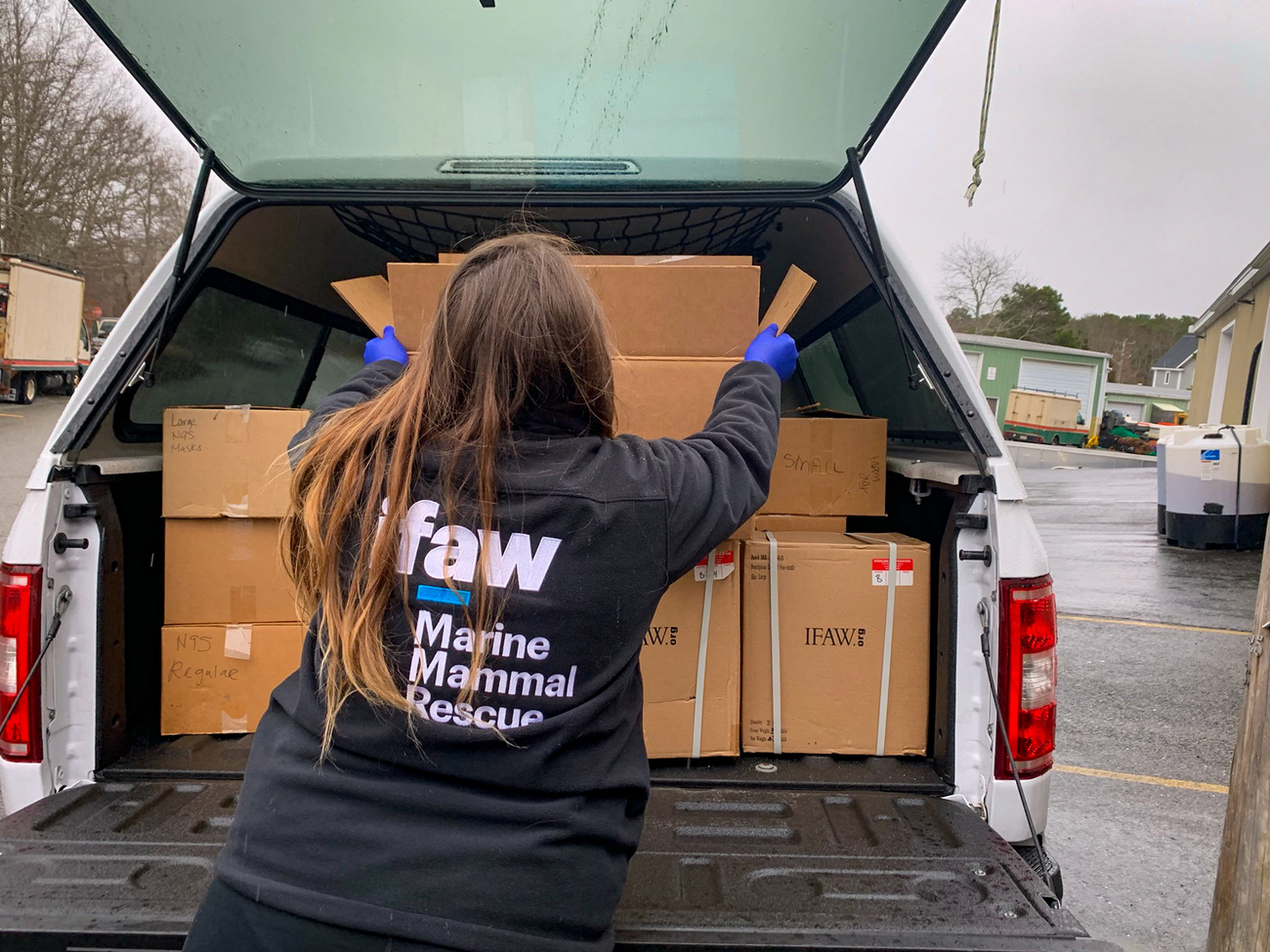
Donating personal protective equipment to local hospitals on Cape Cod
IFAW donated a surplus of various PPE (personal protective equipment) to Cape Cod Hospital in Hyannis Port, Massachusetts. The equipment was donated by two of our programs, Marine Mammal Rescue and Disaster Response & Risk Reduction. The gear that was donated is used by our teams for protection during disaster response deployments and to minimize the risk of transmission of zoonotic diseases from sick marine mammals to MMRR responders. In total, 2,000 N95 respirator face masks, surgical masks, several boxes of gloves, and 350 Tyvek suits were donated.
ifaw rescue teams donate much-needed N95 masks and protective gear to local hospital
We rescue animals from disasters and give them a safe home.
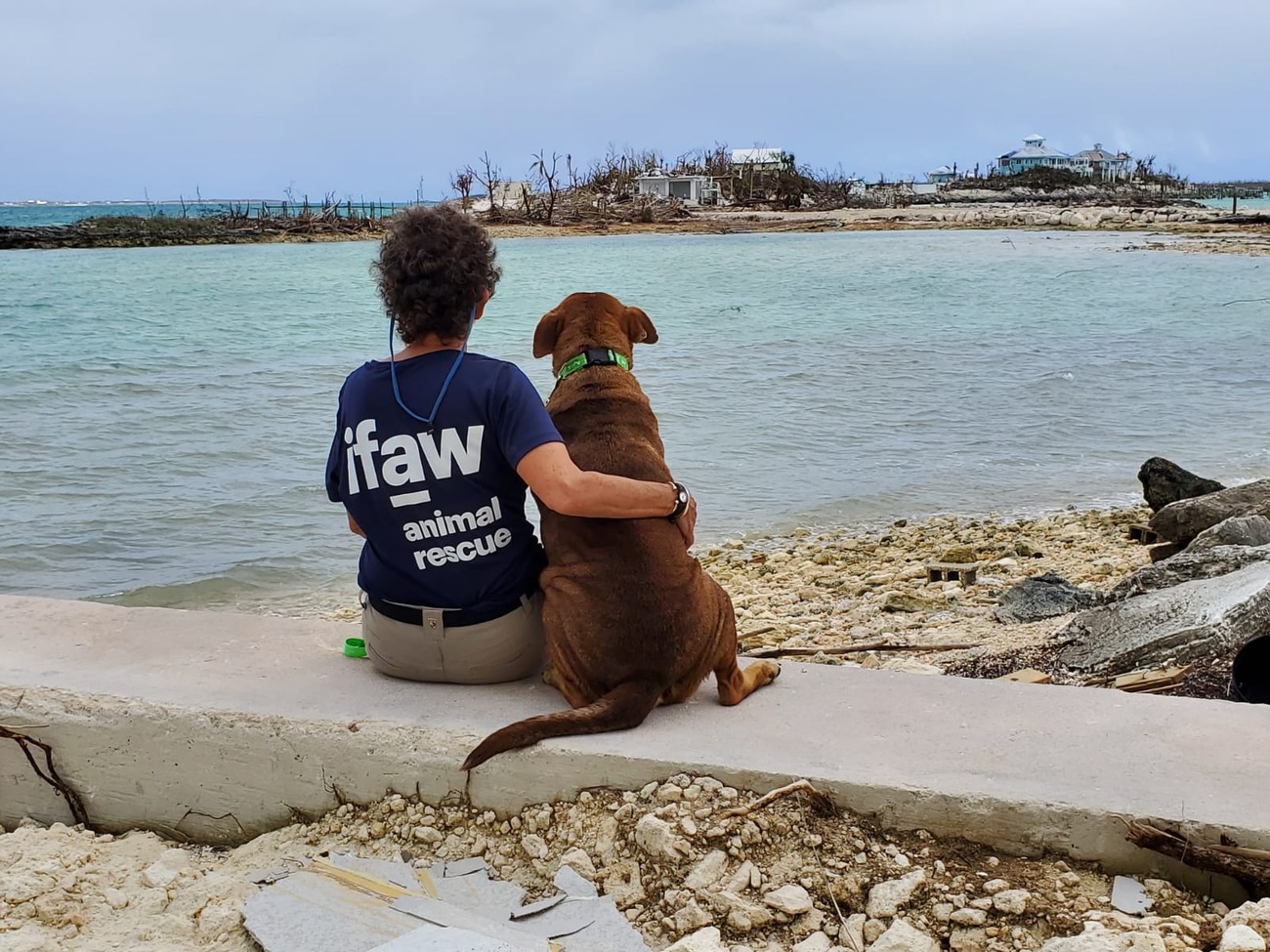
Providing post-hurricane relief to animals in Abaco, Bahamas
We continue our response work from Hurricane Dorian in the Bahamas. In early March, a team of two responders from IFAW flew down to participate in a veterinary clinic with Abaco Animal Shelter. The animals treated were a combination of owned and stray animals, with the majority being owned animals brought in by their owners. Overall, 61 cats and dogs were treated, 55 of the procedures spaying or neutering. Our goal is to build and maintain positive community relationships and reduce the number of unwanted litters being born on the island. We are working closely with Abaco Animal Shelter on any future clinics, adjusting the schedule due to the current COVID-19 pandemic.

Protecting GRACE gorillas from COVID-19
Our friends at GRACE Gorilla Research and Conservation Education Center are preparing and modifying the staff protocols to ensure the safety of staff and gorillas. IFAW worked with GRACE to supply re-usable face masks (surgical masks are not available in the area), cleaning and sanitizing products, boots, towels, and gloves. Our team was also able to provide maintenance for a hand washing station, daily showering for staff entering or leaving, and daily temperature checks for both staff and gorillas.
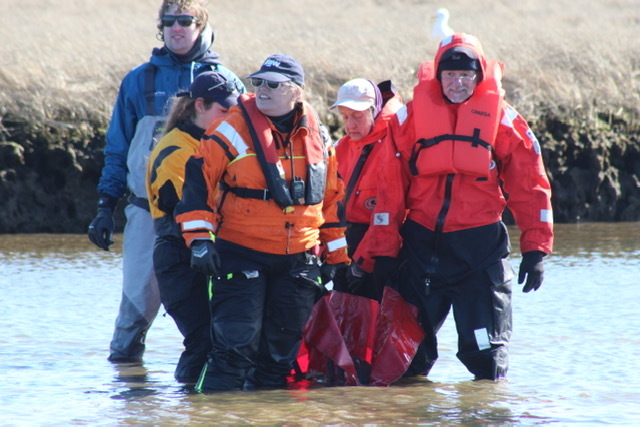
Saving a stranded dolphin on Nantucket Island
In early March, responders from the Marine Mammal Alliance Nantucket (MMAN) reached out to IFAW for support in the rescue and release of two common dolphins swimming in the shallow water of Madaket Harbor. When our responders arrived onsite, only one dolphin remained in the area and we worked with MMAN to rescue, assess, and release the dolphin. We attached a satellite tag onto the dolphin and have monitored his location over the past few weeks. The last known location was about 185 nanometers southeast of Nantucket—about 300 miles east off the state of Delaware.
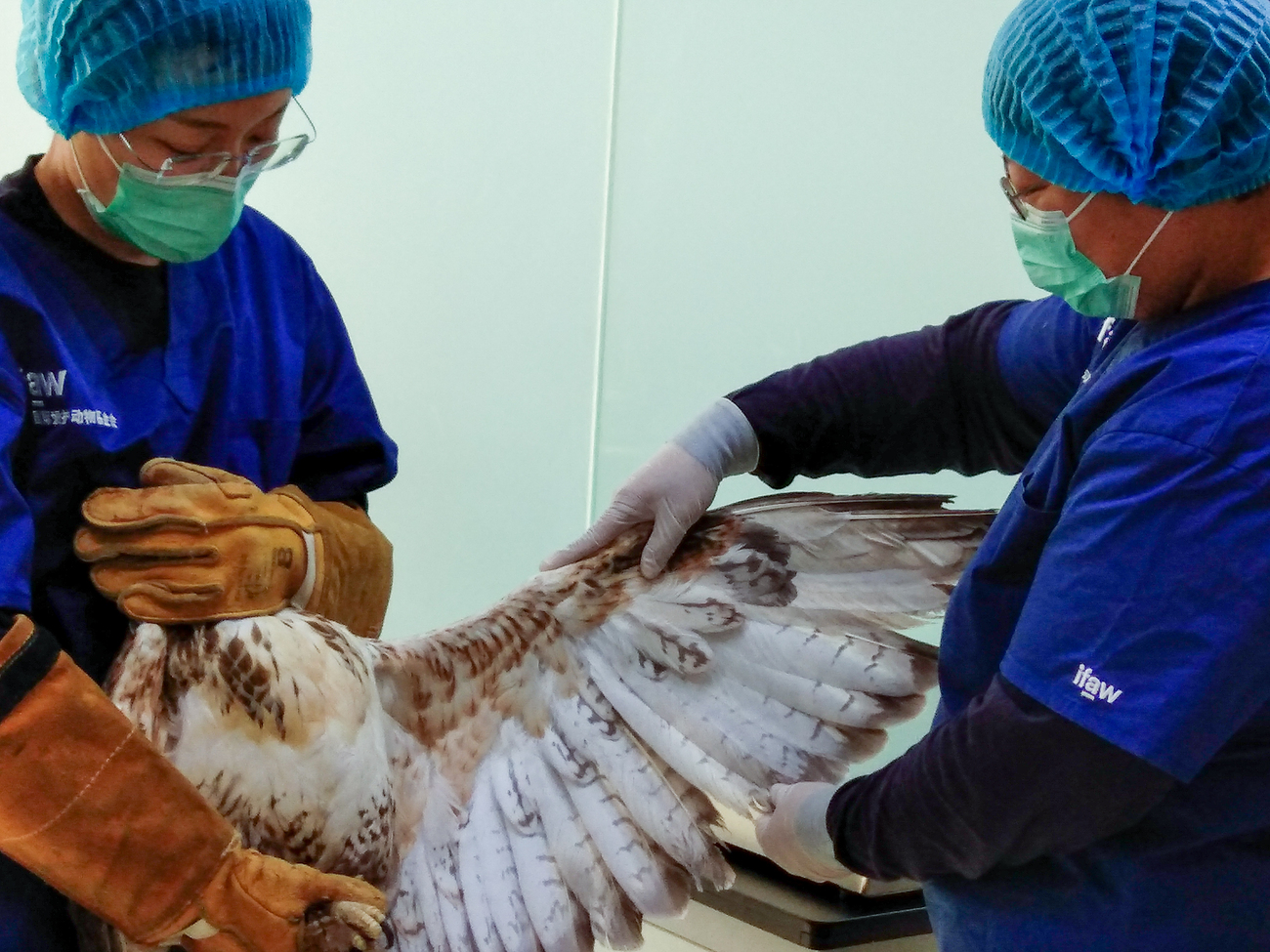
Beijing Raptor Rescue Center still operating in COVID-19 outbreak
Running a wildlife hospital during COVID-19
Just like a hospital for people, keeping the Beijing Raptor Rescue Center open saves lives. Like doctors, IFAW’s rehabilitators need to tend to their patients, especially in an emergency.
Every problem has a solution, every solution needs support.
The problems we face are urgent, complicated, and resistant to change. Real solutions demand creativity, hard work and involvement from people like you.
Related content